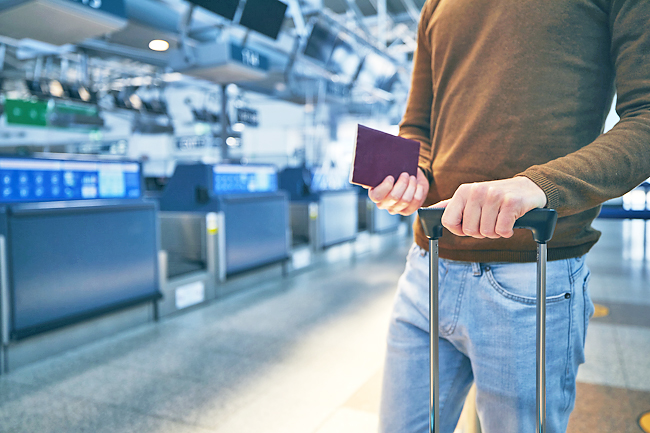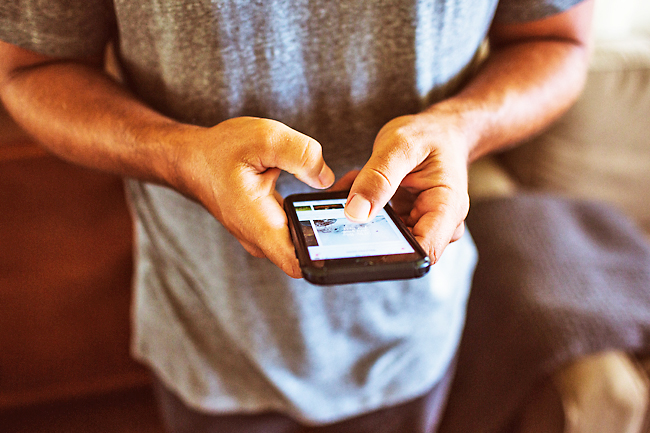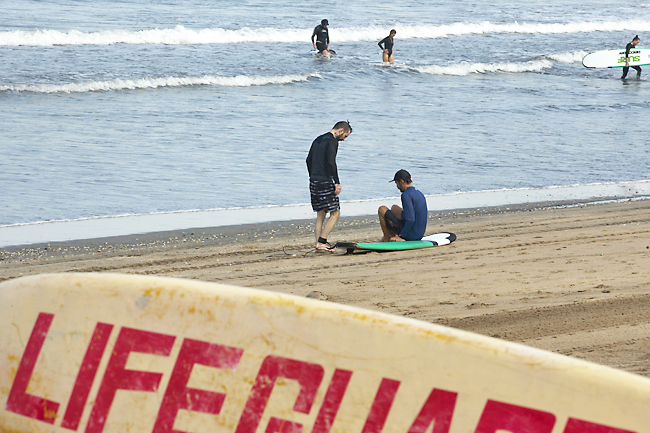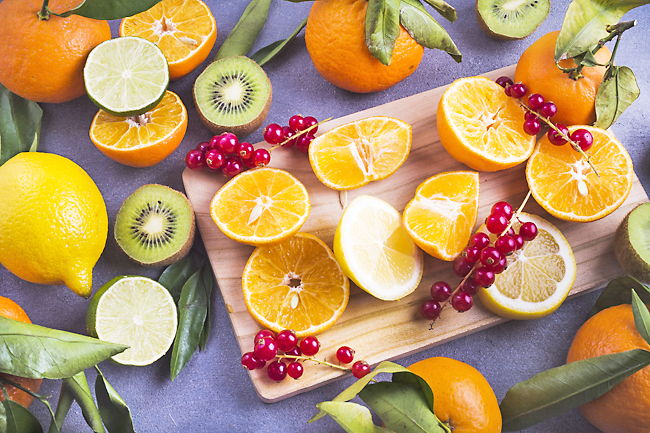SINGAPORE (AFP) – Singapore’s top court yesterday dismissed a mentally disabled Malaysian man’s last-ditch appeal against a death sentence, with his family saying they were “devastated” and “shocked” by the ruling.
Nagaenthran K Dharmalingam was arrested in 2009 for trafficking a small amount of heroin into the city-state, which has some of the world’s toughest drugs laws, and handed a then mandatory death sentence the following year.
He was originally scheduled to be hanged last November, but the plan sparked criticism due to concerns about his intellectual disabilities, with the European Union (EU) and British billionaire Richard Branson among those condemning it.
The 34-year-old lodged a final appeal, with his lawyers arguing that executing someone with mental disabilities violated international law.
But the Court of Appeal rejected the challenge, with Singapore’s Chief Justice Sundaresh Menon saying it had “no factual and legal basis”, and domestic legislation takes precedence over international law.
Nagaenthran had been “afforded due process” and his defence had put “nothing forward to suggest that he has a case”, he said, adding the Malaysian’s lawyers were filing “hopeless” motions after several appeals had already been rejected.
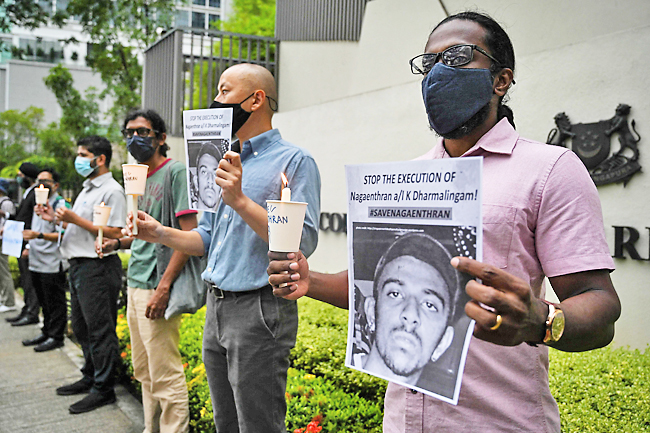
Nagaenthran, wearing a purple prison outfit and white face mask, looked sombre throughout the proceedings.
M Ravi, a human rights lawyer assisting in the case, said no more appeals would be lodged and the execution could take place in days.
Speaking to AFP from Malaysia, his sister Sarmila Dharmalingam sobbed as she said the family was “devastated”.
“We are shocked by the court decision despite my brother… having a low IQ.” His long-running case has been “a horrifying ordeal for us”, she added.
Reprieve, an NGO that campaigns against the death penalty, said hanging Nagaenthran would be a “travesty of justice” that breached Singapore’s commitments to champion the rights of the disabled.
“We urge President Halimah Yacob to listen to the cries for mercy within Singapore and around the world… and spare the life of this vulnerable man,” the group’s director Maya
Foa said.
The appeal was supposed to take place months ago but was delayed after Nagaenthran contracted COVID-19.
There have not been any executions in Singapore since 2019, but concerns are growing that the city-state is gearing up to hang several drug traffickers in the coming months.
Earlier this month, a court rejected appeals by three other men sentenced to death for drug offences, despite criticism from the United Nations (UN) and campaigners.
Singapore is among more than 30 countries worldwide where drug-related offences are still punishable by death, according to Amnesty International.
Nagaenthran was arrested at the age of 21 after a bundle of heroin weighing about 43 grammes – equivalent to about three tablespoons – was found strapped to his thigh as he sought to enter Singapore.
Supporters said he has an IQ of 69 – a level recognised as a disability – and was coerced into committing the crime.
But authorities have defended his conviction, saying that legal rulings found he “knew what he was doing” at the time of the offence.
The city-state maintains the death penalty for several offences, including drug trafficking and murder, and insisted it has helped to keep Singapore one of Asia’s safest places.

